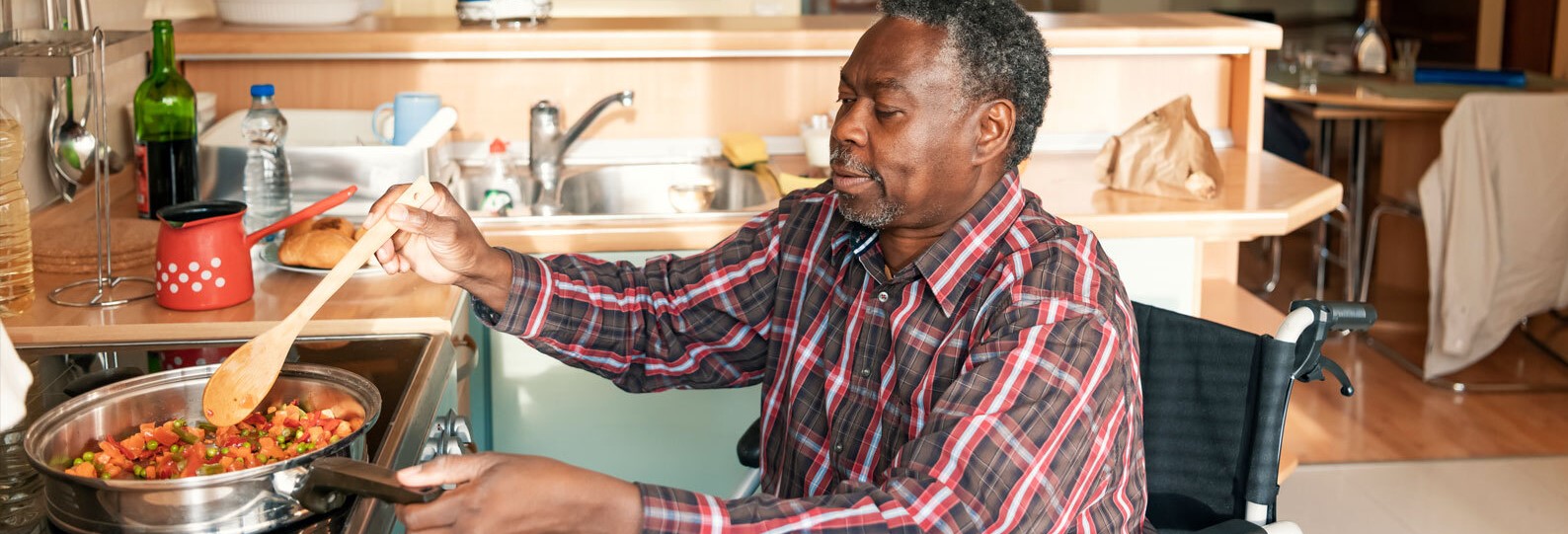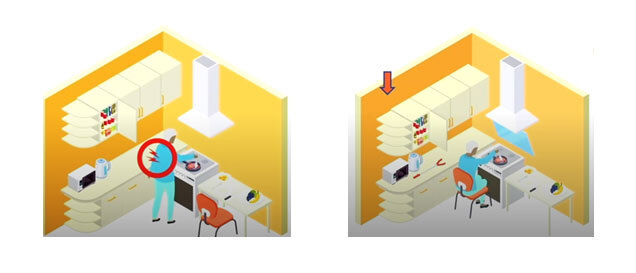
Dr. Sarah Szanton did not start out as a nurse researcher, but as a health policy advocate. Now Dean and Patricia M. Davidson Professor for Health Equity and Social Justice at Johns Hopkins School of Nursing, her background has made an undeniable impact on her research, especially her focus on how to use research findings to create real life outcomes and achieve health equity.
Dr. Szanton views nursing research as the science of attaining a meaningful life. As a nurse practitioner providing care for people who were homebound, she began to notice the significant impact of social determinants of health on the lives of her patients. For many, becoming homebound was as much a result of their environment as of their physical health conditions. To address this, Dr. Szanton and her colleagues developed the “Community Aging in Place-Advancing Better Care for Living Elders” program, or CAPABLE, to decrease barriers to aging in place. CAPABLE aims to empower low-income, older adults to live in the place of their choice as they age, while maintaining quality of life.

Example of modifications to the environment - such as lowering cabinets for easier access and installing a mirror so the patient can monitor the stove top while seated.
In CAPABLE, the older adult is considered the expert, and clinicians support the expert's goals using an interdisciplinary approach of nursing care and occupational therapy, along with environmental modifications. For example, if a patient's goal is to prepare meals without experiencing pain, the nurse and occupational therapist will work with a handy worker to make modifications to the environment, such as lowering cabinets for easier access and installing a mirror so the patient can monitor the stove top while seated.
The program now has over 40 sites in 17 states. The CAPABLE team has resources to help implement the program in various funding environments such as through a PACE (Program of All-Inclusive Care for the Elderly) program, a Meals on Wheels agency, a Medicaid waiver, or private philanthropy. CAPABLE has been shown to increase physical function, reduce depression, decrease health care costs, and result in fewer hospitalizations and nursing home admissions. The link between the research and the policy implications is how this program moved beyond the journal into the world.
CAPABLE is a prime example of nursing research innovation that translates into improved health outcomes, as well as demonstrates the integral role of nurse scientists in achieving the goal of health equity for all. Learn more here.






